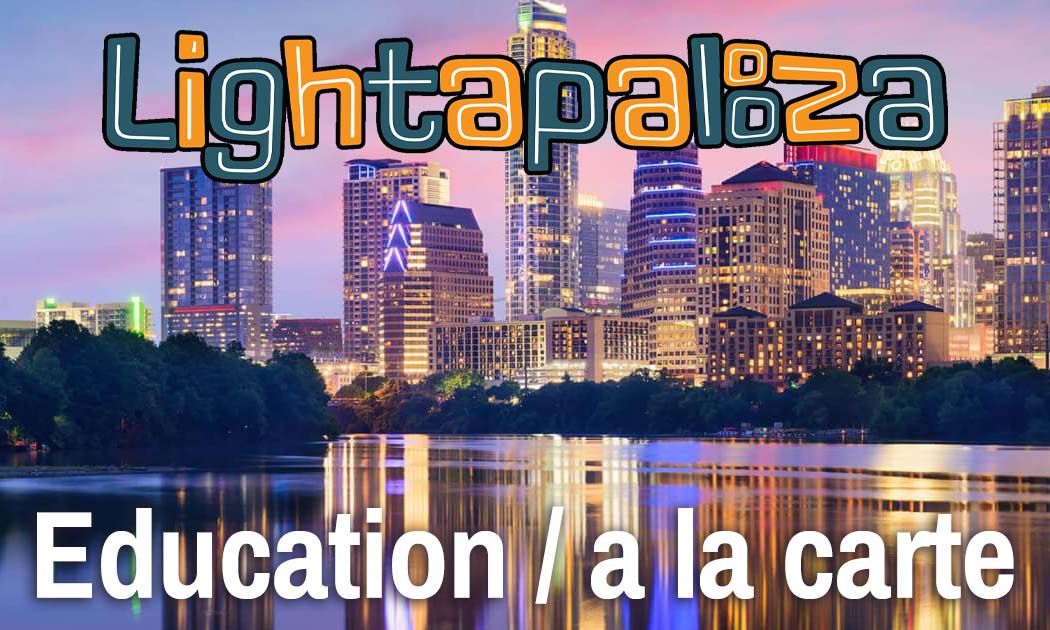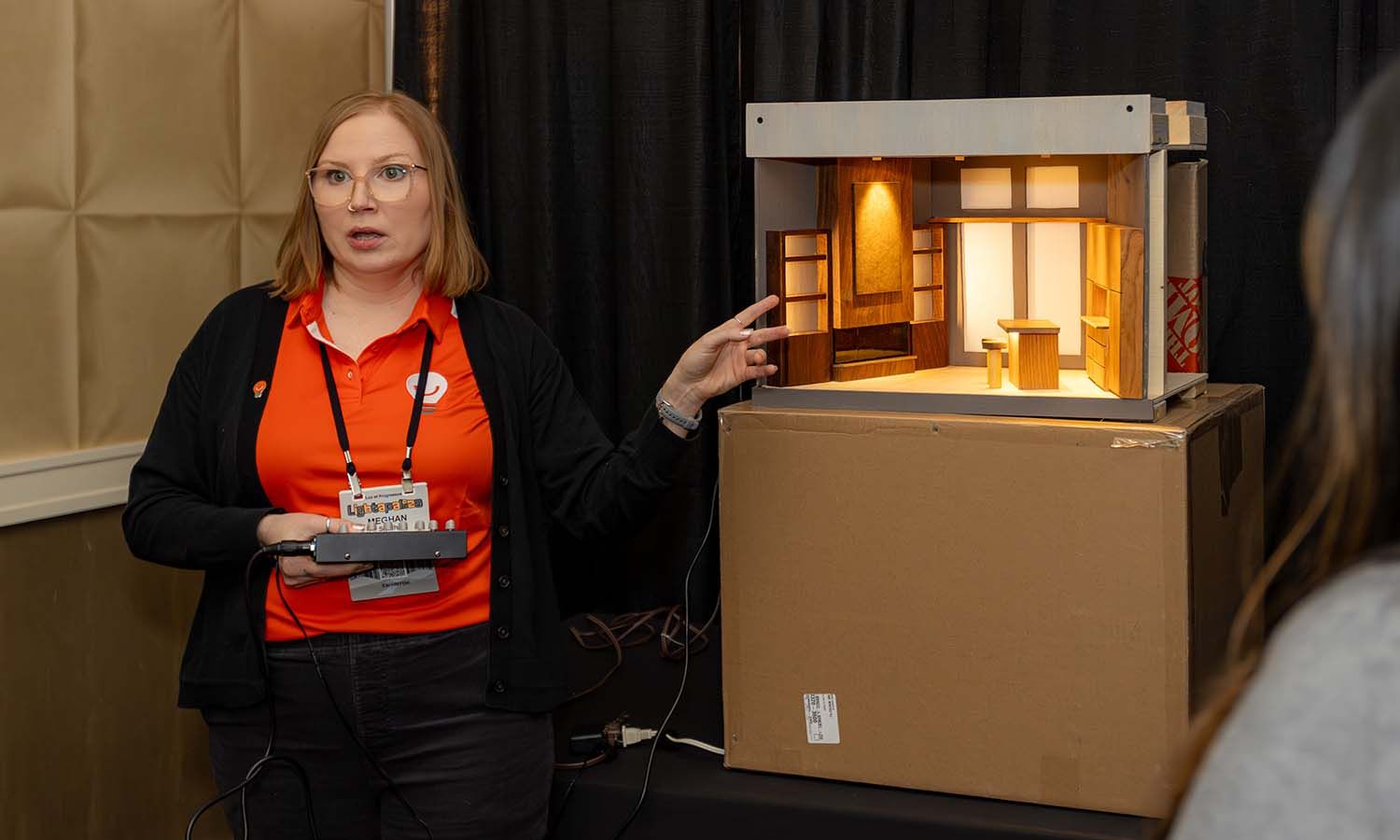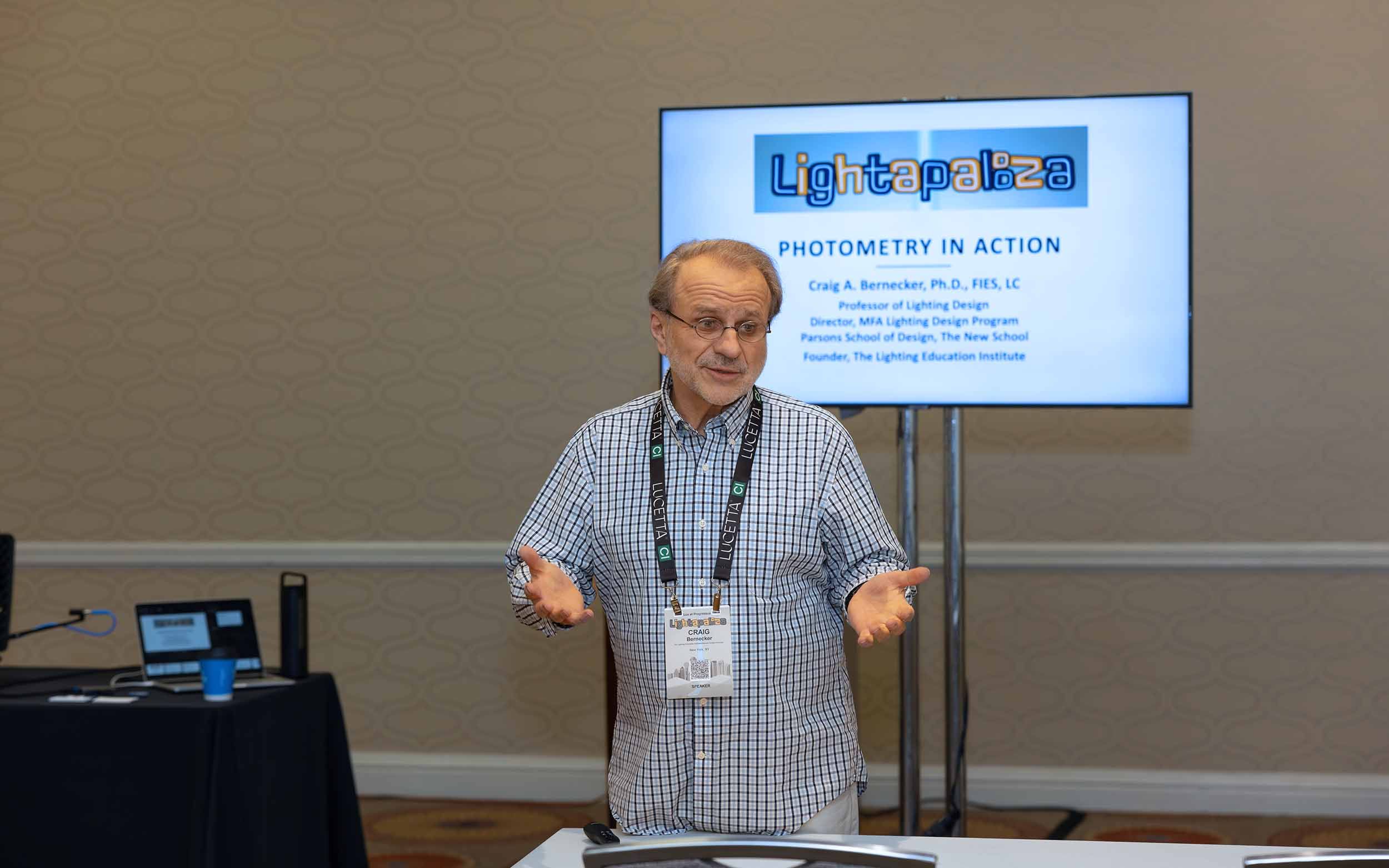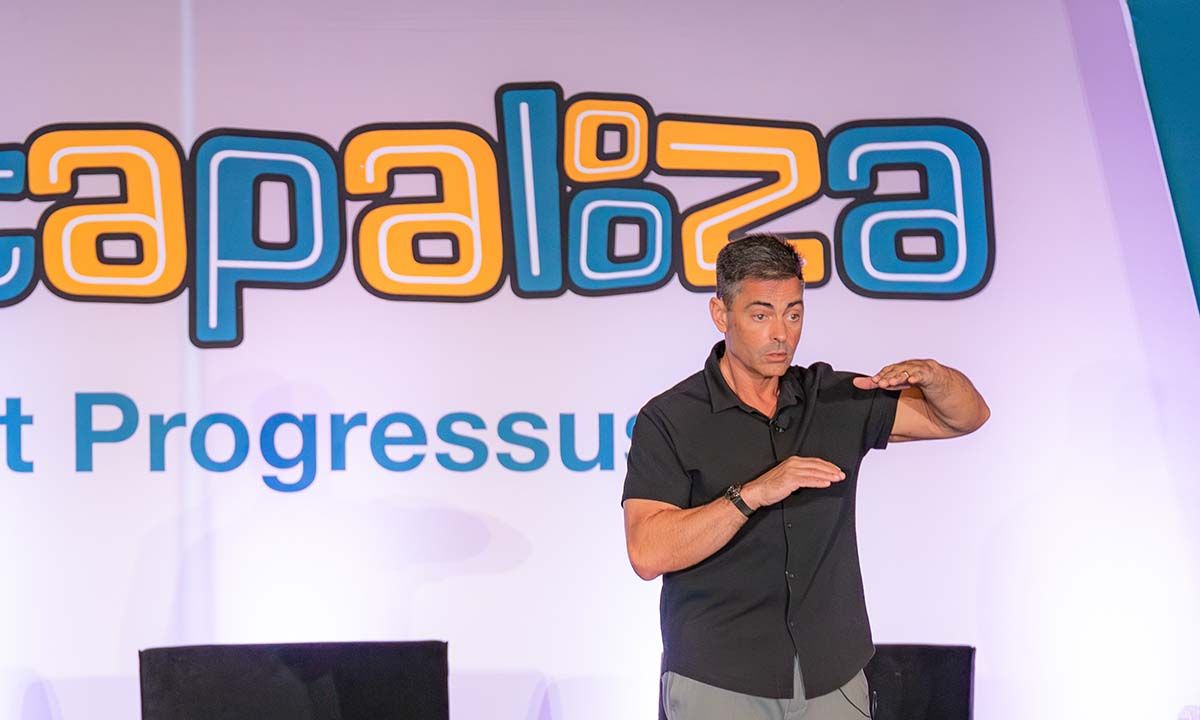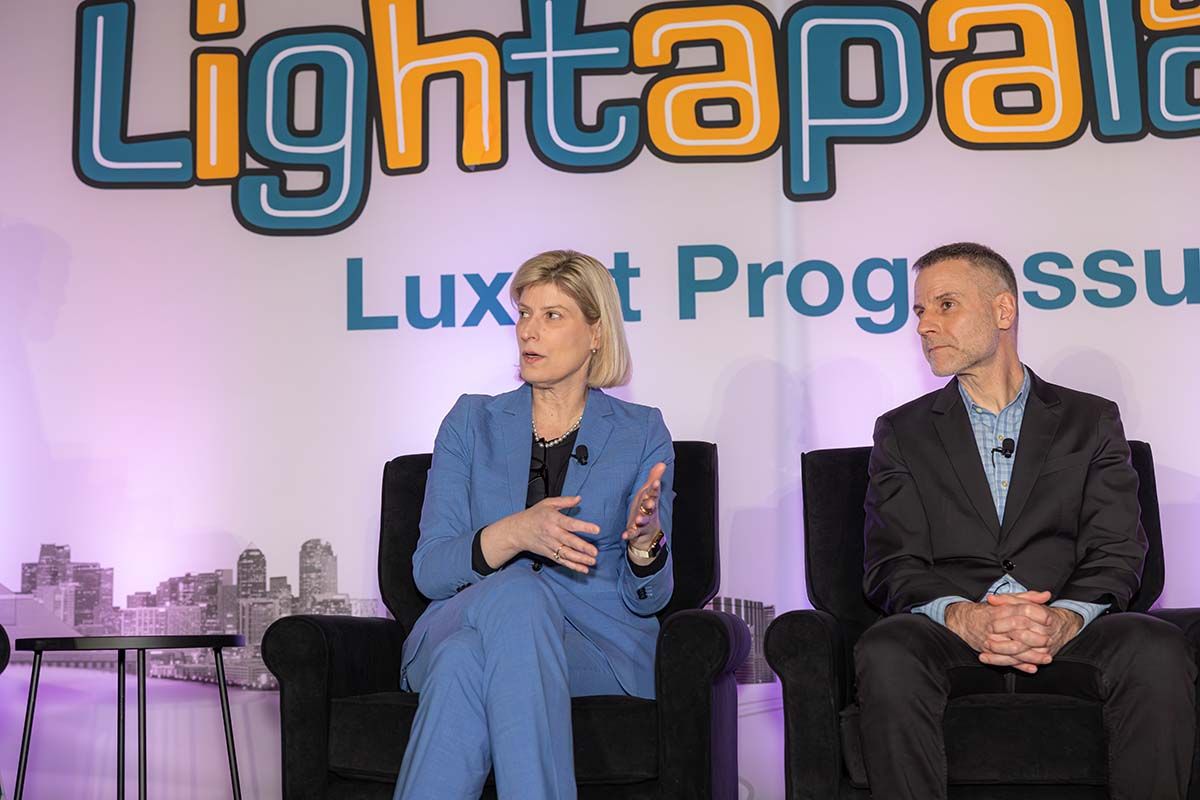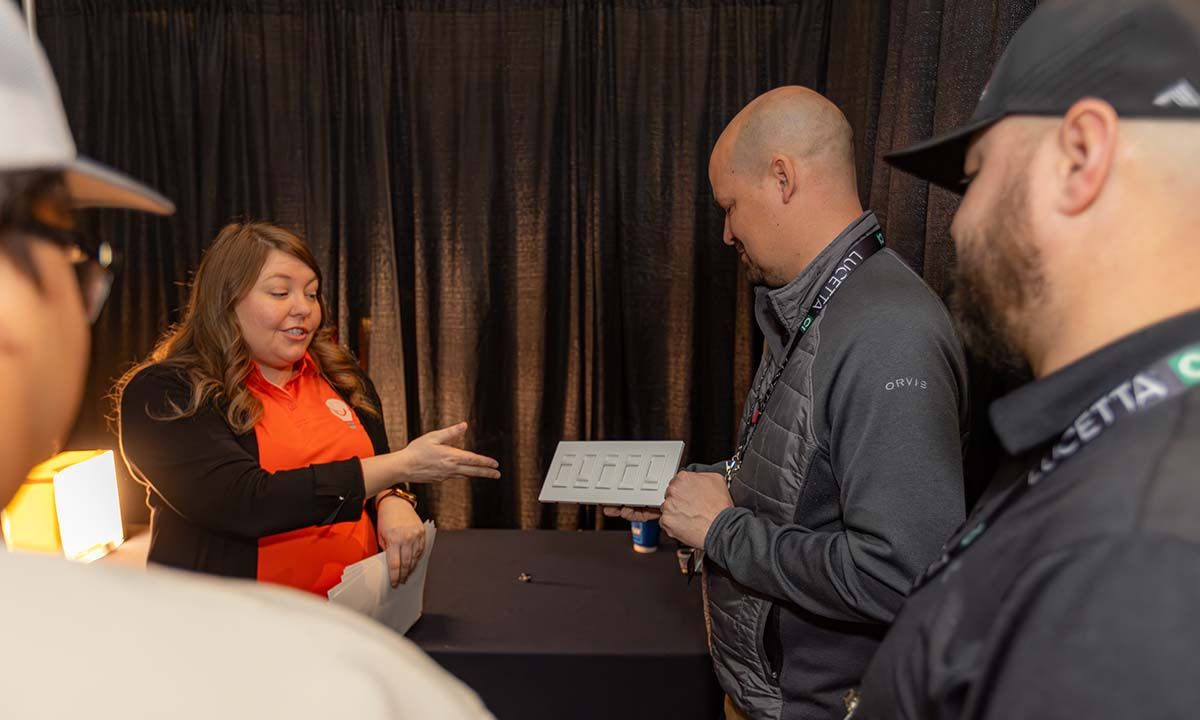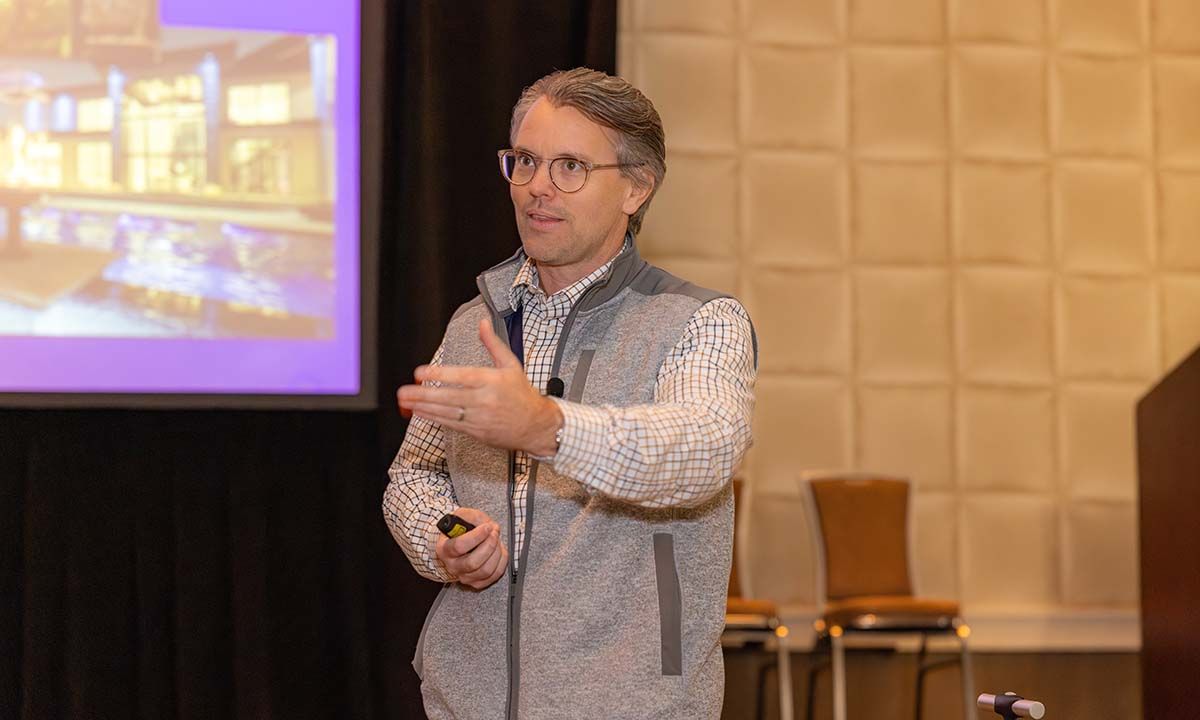Education / A La Carte
The Education Pass is designed for Essentials Pass holders who want to expand their conference experience with additional specialized programming. If you’ve selected the Essentials Pass and want to dive deeper into specific topics, the Education Pass provides the flexibility to customize your learning journey. At the time of registration, you will be able to select and pay à la carte for individual paid education sessions that align with your business needs and professional development goals. This approach allows you to strategically invest in the sessions most relevant to your practice—creating a personalized conference experience tailored to where you want to grow.
